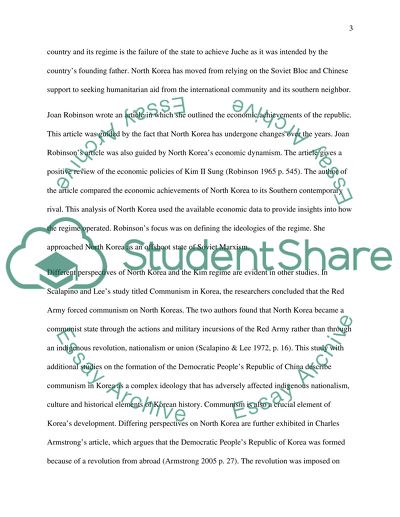Cite this document
(“The Kim regime Literature review Example | Topics and Well Written Essays - 1000 words”, n.d.)
The Kim regime Literature review Example | Topics and Well Written Essays - 1000 words. Retrieved from https://studentshare.org/history/1666691-the-kim-regime
The Kim regime Literature review Example | Topics and Well Written Essays - 1000 words. Retrieved from https://studentshare.org/history/1666691-the-kim-regime
(The Kim Regime Literature Review Example | Topics and Well Written Essays - 1000 Words)
The Kim Regime Literature Review Example | Topics and Well Written Essays - 1000 Words. https://studentshare.org/history/1666691-the-kim-regime.
The Kim Regime Literature Review Example | Topics and Well Written Essays - 1000 Words. https://studentshare.org/history/1666691-the-kim-regime.
“The Kim Regime Literature Review Example | Topics and Well Written Essays - 1000 Words”, n.d. https://studentshare.org/history/1666691-the-kim-regime.


